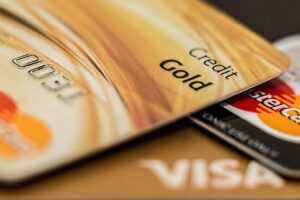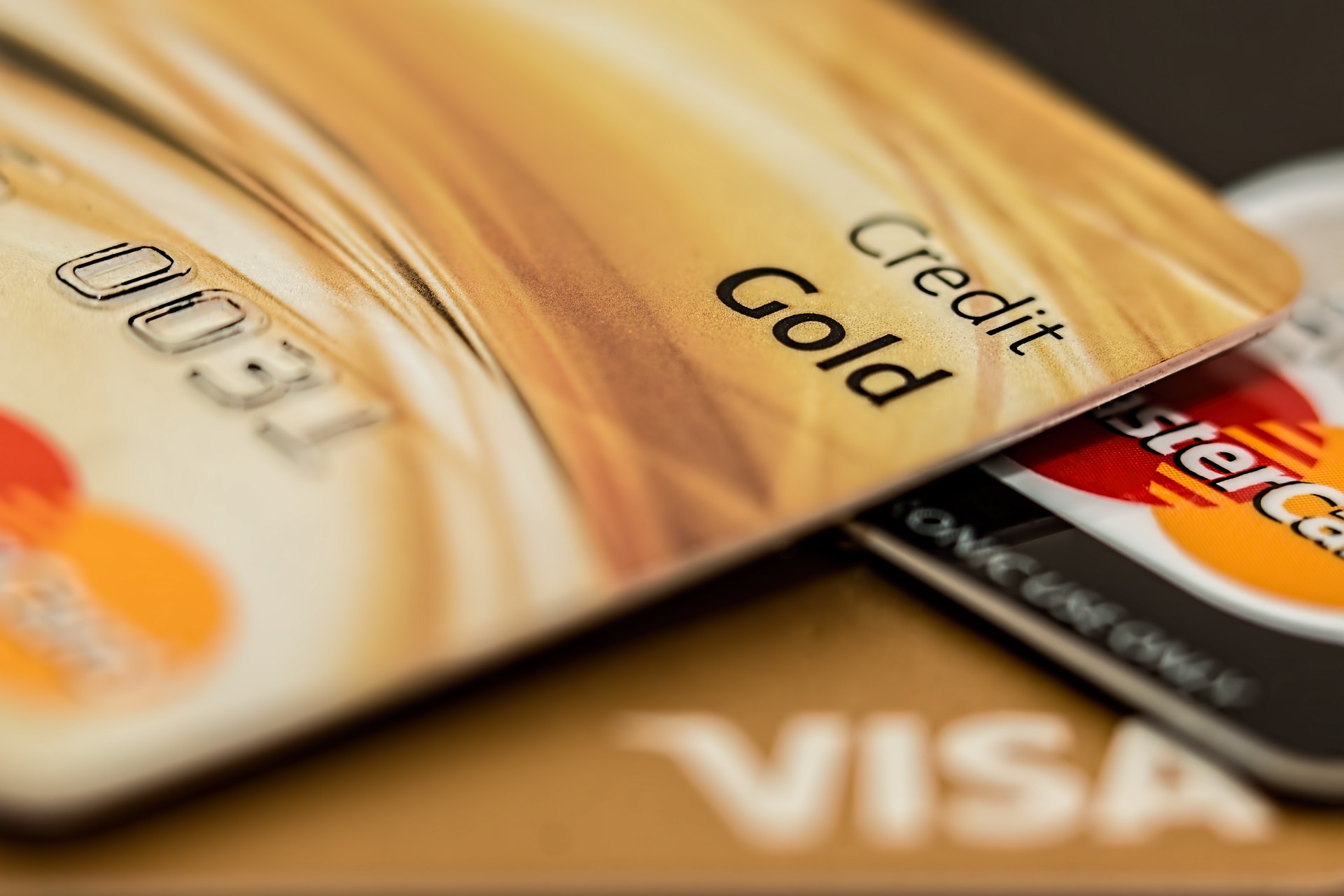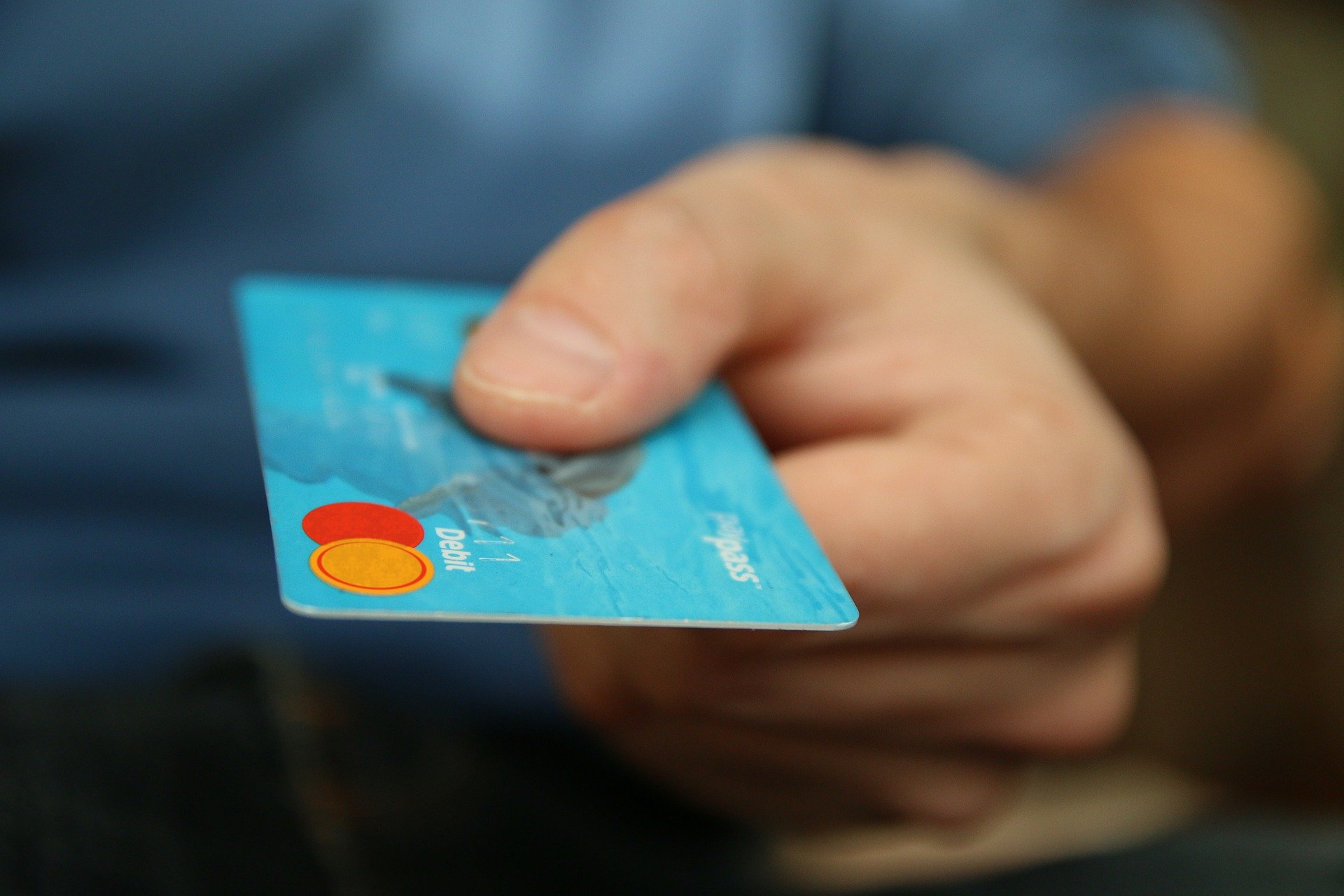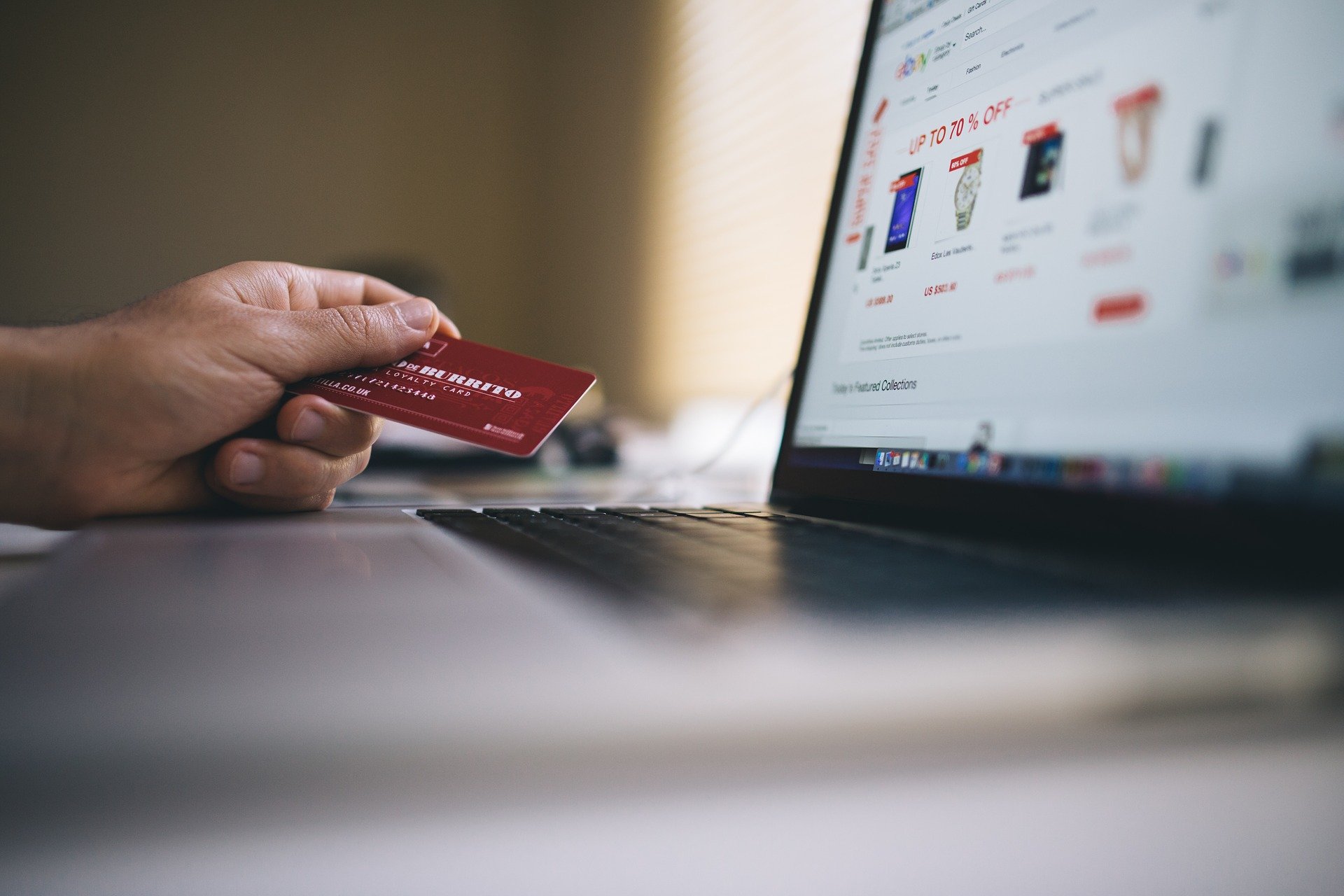Could You Get Your Credit Card Debt Written Off?

Credit Card Debt Written Off | Credit Card Debt Help | Credit Card Debt Write Off
We could write off up to 85% of your unaffordable credit card debt
Table of Contents
Find Out If You Could Benefit From A Credit Card Debt Write Off
Credit cards can be an invaluable way of handling your home finances, offering benefits such as being able to deal with unforeseen costs, like replacing a faulty home appliance or vehicle. But they are not without their dangers.
With the current cost of living crisis, it is becoming easier and easier to run up unintended debt.
In this article we will cover what credit cards are and how you can seek help should your credit card debt become unmanageable.
What Are Credit Cards?
A credit card is a convenient way to borrow money from a bank or lender via the use of a plastic card. You can make purchases in much the same way as when using a debit card. This spending accrues a debt which will have to be paid back at a later date.
A credit card is often issued by a bank or building society but can be issued by other lenders such as for store cards. All credit cards are protected by the Consumer Credit Act which issues a series of rules that lenders must follow.
Credit Cards work in a similar way to a loan, however instead of receiving one borrowed amount of money, you are given access to a maximum amount of credit which you can either use or not use. Once you have used some or all of this credit, a minimum monthly payment is calculated and this must be paid to avoid any penalty charges. Of course, you can choose to pay the entire balance if you wish.
The credit card will have an added interest rate, which is applied annually. Different cards can have different rates of interest but if your card has a 20% interest rate and you spend £500 over the course of the year, then you would be expected to pay £600 to clear your balance. The sooner you clear the balance the less interest you will have to pay.
Unfortunately credit cards can also offer people with a tempting situation where money ‘appears’ to be free, but sooner or later, it will need to be paid back. If you have overspent on your card or accrued a large balance that your struggling with, then read on to find out how to get help with credit card debt.
How Does Credit Card Debt Build Up?
Life is full of unexpected situations and it is not uncommon for many of them to come with a cost! For those of us who have no savings, it can be easy to reach for the credit card to deal with life’s challenges. But it is important to remember that this often means you are either already living slightly beyond your means, or you could be heading into a situation where your spending is outweighing your earnings. This can turn into a habit that is difficult to break.
People will often accrue credit card debt and simply allow the minimum payment to be automatically taken as a direct debit from their bank accounts. But this will often result in you paying heavy amounts of interest and for the balance to reduce at a slow pace.
The slow rate of repayment also often results in the cost of one emergency to ‘stack up’ with the next one. This means the debt gets steadily bigger even though you are making repayments.
Once you are in this habit of overspending, or covering your shortfall with credit, then it is inevitable that you will ‘max-out’ or reach the maximum amount of credit allowed. For some people this means they simply stop using the card and let the monthly payment slowly reduce the balance, but for others, they will open a second credit card account and continue over-spending.
Clearly, the issue is snowballing and getting slowly worse and worse until the account holder has monthly payments that are too big to handle. At this stage it is wise to stop and seek help with credit card debt.
What Is Persistent Credit Card Debt?
Persistent Debt occurs when you have been paying minimum payments for a prolonged period of time and you have only been repaying interest and charges as opposed to the actual original balance of the account. If or when this occurs, your creditor should contact you to encourage you to clear your debt so that that it is gone within 18 months. If this is not possible, then you will often be contacted as follows:
After 27 Months
You will be contacted again by your creditor, encouraging you to deal with the debt.
After 36 Months
If your persistent debt remains, then your creditor should offer you a method of paying the debt within three to four years. This could be a payment plan that is affordable or a loan or credit card. If these options aren’t suitable to your circumstances, then your creditor may consider ceasing any interest or charges on your account.
At this stage, your credit history will almost certainly have been negatively affected.
What is The Average Credit Card Debts?
According to The Money Charity and Barclaycard, the average amount of Credit Card debt per household is £1962, which for some of us may not seem like too much, but they also say that paying off a credit card with an average amount of interest (let’s say 20%), using only the minimum payments, would take 24 years and 2 months! You would end up paying £2808 of interest meaning that it would cost you a total of £4770 to clear the whole balance!
To begin with, the minimum payments would be approximately £49 a month, but it would slowly decrease as the balance decreased. This, along with the interest, is why it takes so long to pay off the balance.
What Is the Best Way to Manage My Credit Card Bills?
If used sensibly then Credit Cards can be a completely safe way to borrow.
With a balance of £1962, if you stuck to a fixed monthly payment of £49 a month until the balance was cleared, then it would take 5 years and 3 months to pay. The interest would be £1998 and the total amount to repay the debt would be £3060.
This is still an expensive way to borrow, but it is cleared much faster than if only paying the minimum amount.
Whichever way you decide to pay off your balance, it is essential that you stop using the card and attempt to break those spending habits.
Another way of dealing with an uncomfortable credit card debt is to transfer the balance to an interest free card, using a Balance Transfer.
Paying off the balance, without any interest working against you can speed up the process of clearing your debt immensely and done alongside using fixed monthly payments will make it even faster.
Many Credit Card companies will charge a small percentage (usually 2-3%) of the balance to do this but when compared to the interest you would otherwise be paying, it is often a small amount. This charge gets added to the balance of the credit card, so there should be no up-front charges.
Another way of dealing with your credit card debt is to take out a Consolidation Loan. This type of loan can be a convenient way of extending the term of your debt, thus reducing your monthly repayment and in turn increasing affordability. The one downside of this approach is that it very much depends upon your credit rating as to whether you will be accepted for this type of borrowing.
If your credit rating is low and you are unable to afford you repayments, the a debt solution could be the answer.
Who Can Help Me with Get My Credit Card Debt Written Off?
If you are having trouble repaying your Credit Card or if you have other unsecured debts that you are finding unaffordable, then you could qualify for an IVA (Individual Voluntary Arrangment)
An IVA is a government legislated debt solution that consolidates your unaffordable unsecured debt into one monthly repayment that you can afford. At the end of the IVA period, any remaining debt is written off. You could benefit from the following:
There will be no upfront or surprise fees
Your unsecured creditors will no longer be able to contact you or take any action against you
Once the IVA is agreed, creditors who voted against it are still bound by it
All charges and interest relating to the credit card debt is frozen
You will make one single affordable payment each month
If your financial situation changes you could be eligible for a payment holiday or for the terms of the IVA to be adjusted
At the end of the IVA, all remaining debt will be written off. It is typical for an IVA to write off as much as 75%
Your home will not be at risk as a result of the Individual Voluntary Arrangement.
Other debt solutions available are as follows.
If you live in England, Wales Or Northern Ireland:
If you live in Scotland then the following may suit your needs:
Contact IVA4Me for help with your credit card debt. We can help you begin to get your life back on track.
Credit Card Debt FAQs

What Happens to Unpaid Credit Card Debt After 7 Years?
Technically speaking, a debt becomes unenforceable after 6 years. However, there are some conditions to this.

How Long Does Persistent Debt Last?
Persistent Debt occurs when you have been paying minimum payments for a prolonged period of time and you have only been repaying interest and charges as opposed to the actual original balance of the account.

What Happens If You Are In Persistent Debt?
Persistent Debt is when an individual has paid more in interest and fees than they have towards paying off the actual debt on their credit card, catalogue or store card in an 18 month period.
